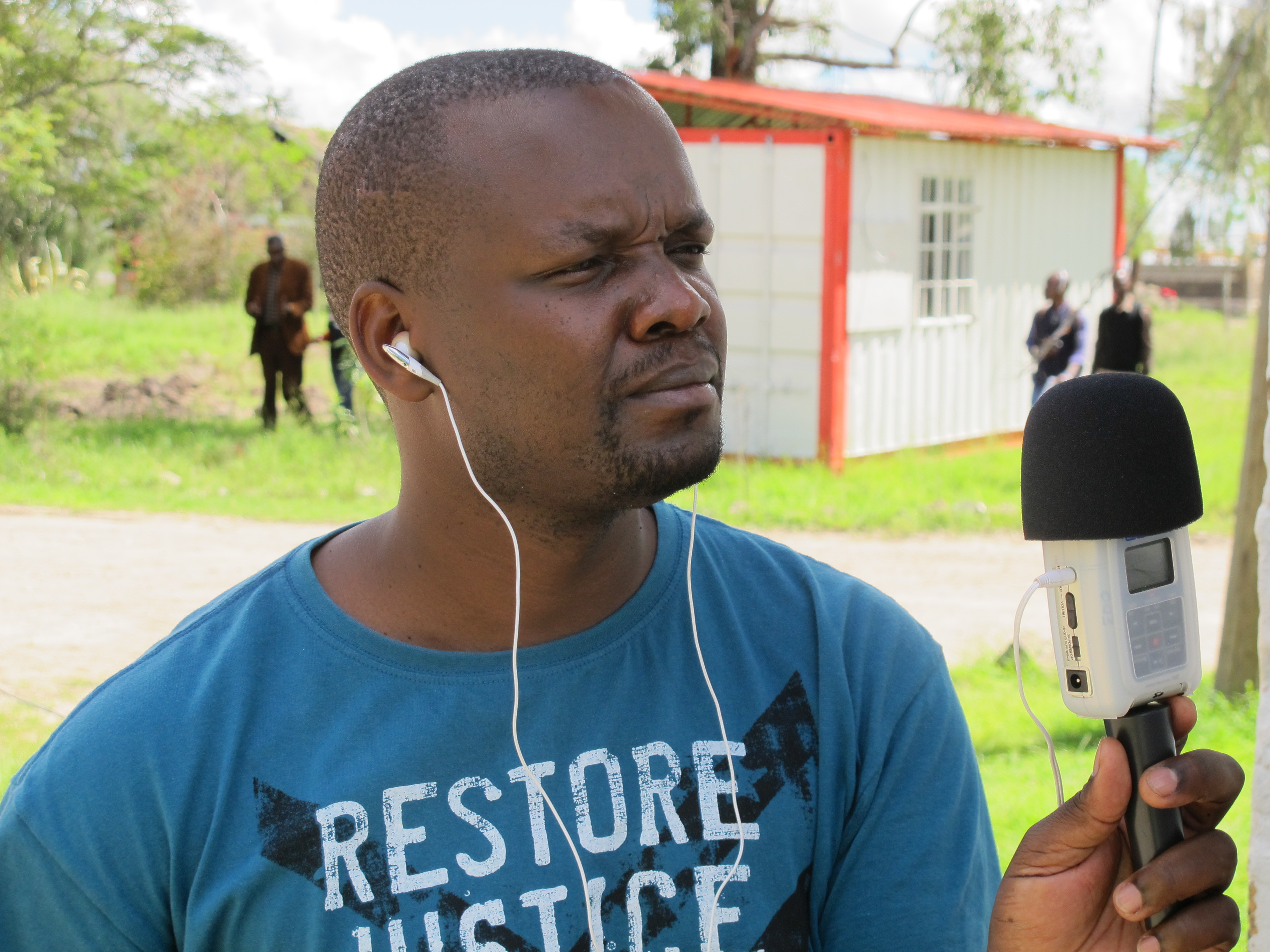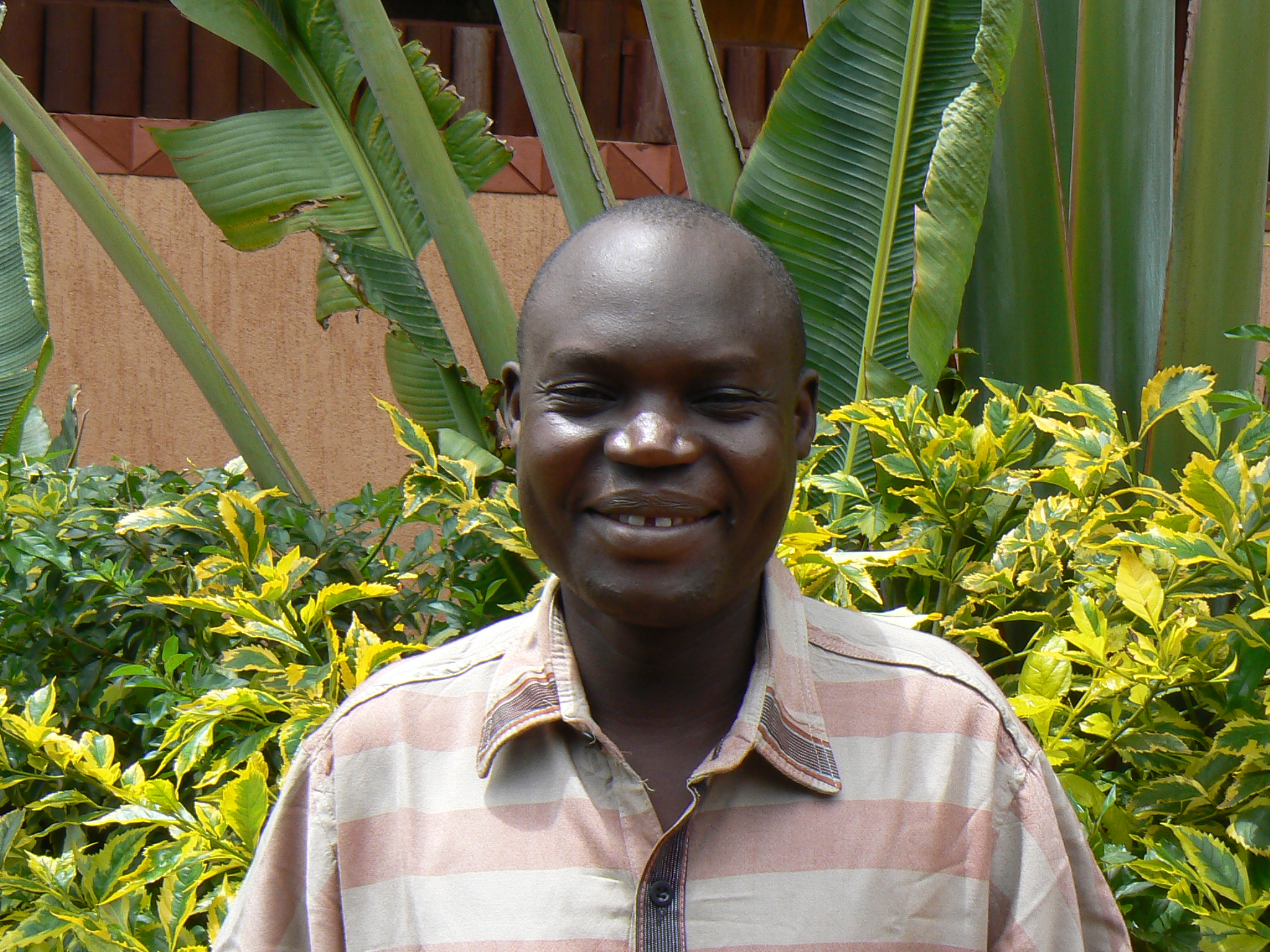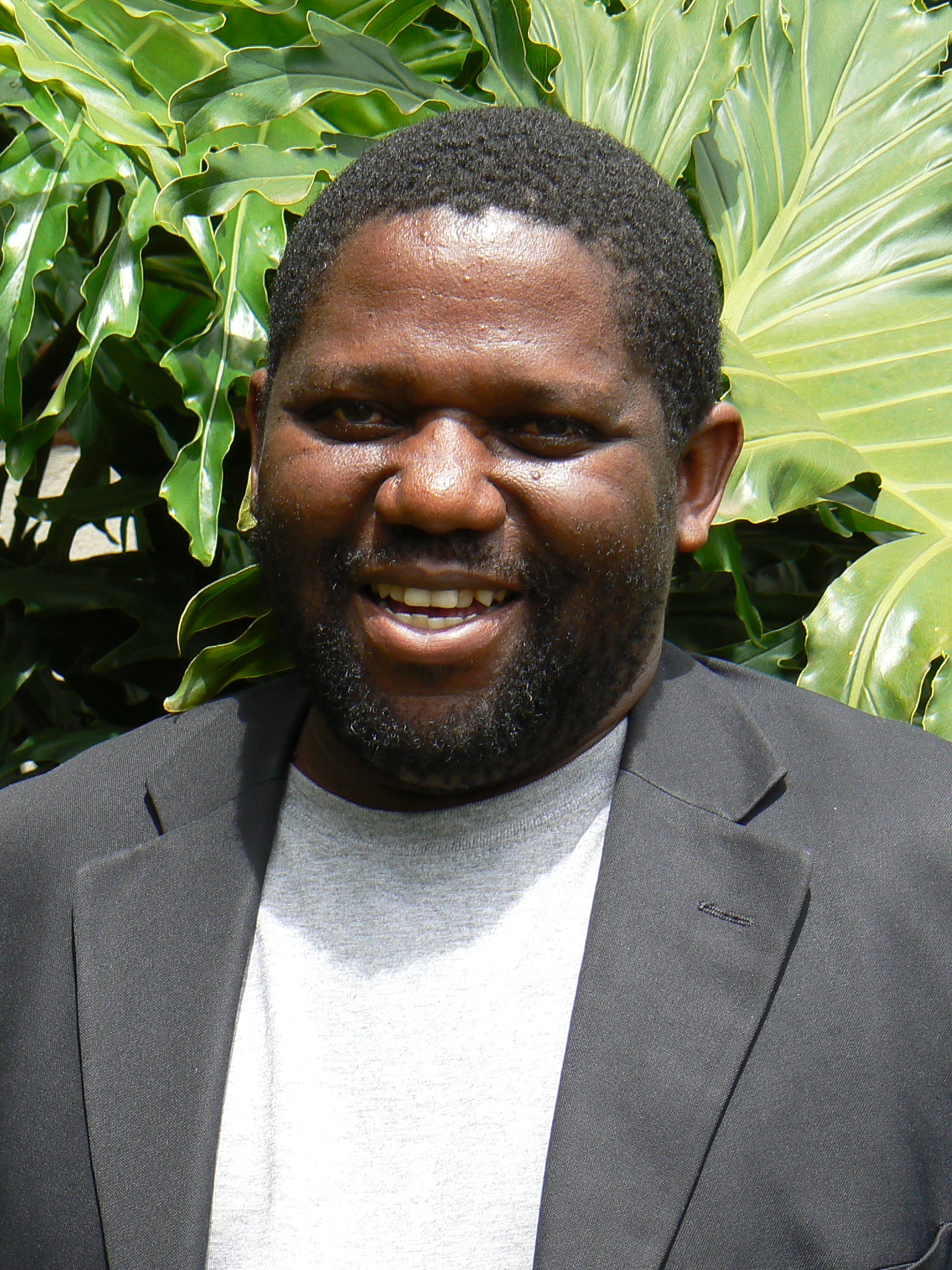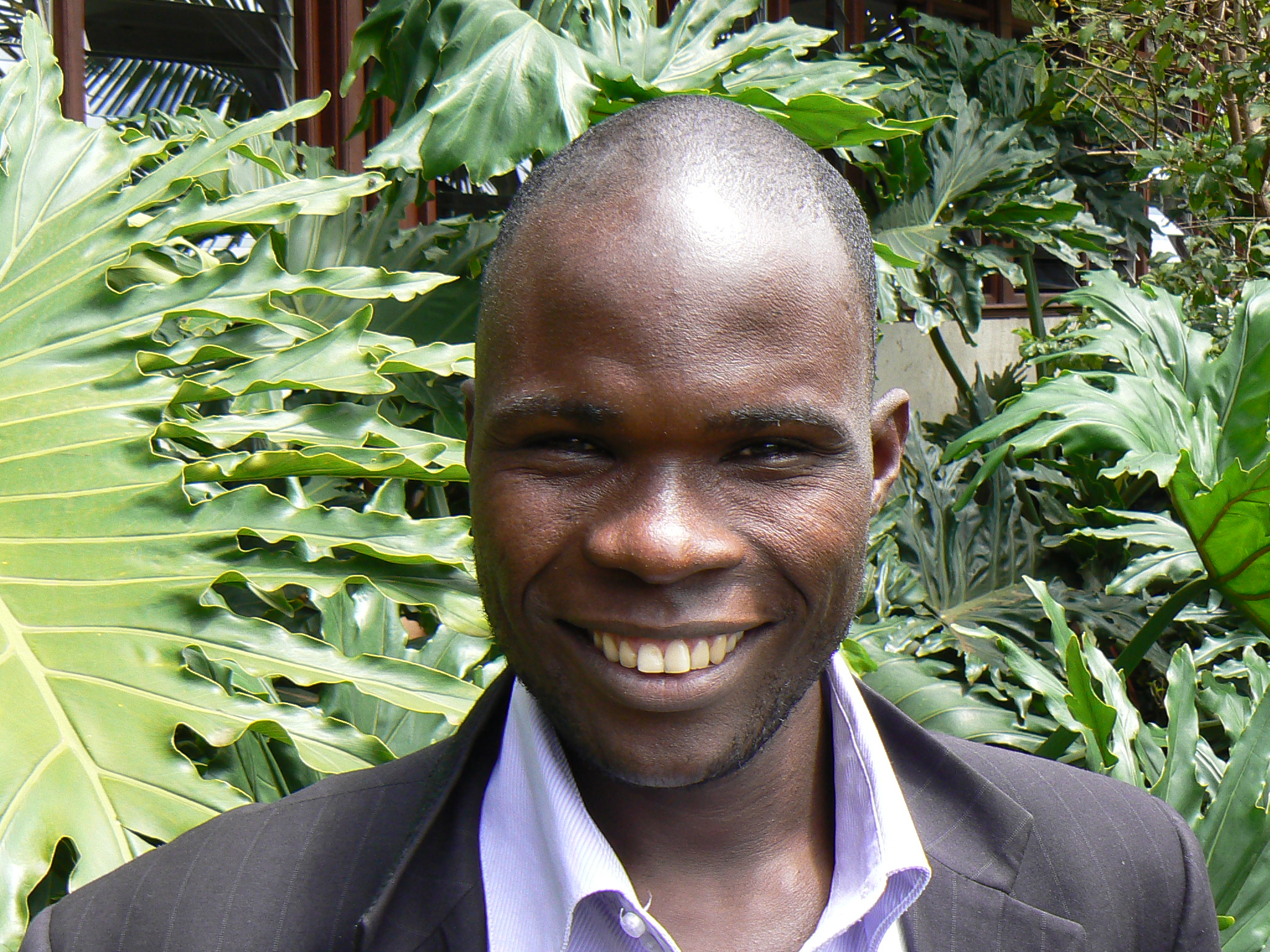Helping African editors tune in to climate change
Helping African editors tune in to climate change
In the second piece of our two-part blog, Mike Davison of WRENmedia highlights how East African journalists are striving to improve reporting on climate change. These ideas were shared by journalists at an 8-day media-training workshop for climate-change reporting held in Nairobi in April 2012, organised by CDKN and conducted by WRENmedia.
In the first part of this blog, journalists from East Africa described the challenges they face trying to persuade their editors that climate-change stories are newsworthy and interesting. But they also accepted that, sometimes, reporters can be responsible for the lack of interest shown both by editors and audiences.

“Partly we are the problem, because we report climate change as a subject but we do not report how it is affecting people,” observed Emmanuel Okella from Radio Simba in Uganda. “For instance, communities. How are their cultures changing? How are their lifestyles changing? How are they getting affected? What methods are they adopting? If we report that way, I think climate change will be interesting.”
The other journalists agreed that reporting from the field was important, in capturing the effects of climate change on people’s lives. However, they said it could be difficult to fund such trips. Justus Wanzala from the Kenya Broadcasting Corporation suggested this hurdle could be overcome by building networks with organisations that can support the media, so reporters can be helped to cover climate-related issues. 
The journalists felt that training editors to appreciate the importance of climate change issues was an important way forward. Those working within media houses with no policy on covering climate change faced difficulties getting their reports broadcast or printed. As director of FADECO community radio station in Tanzania, Joseph Sekiku agreed that sharing knowledge and skills could help resolve this issue. 
“I have eight radio presenters and 20 journalists working with me. I have to pass on this knowledge to my colleagues so that, together, we bring up the regional picture and in that way are able to make our community really understand what climate change is and how we are equipped to respond to climate change in our region.”
Making stories accessible
Simplifying the language used in reporting on climate change is one key area to improve audience understanding and editor’s uptake of stories. The journalists felt that encouraging scientists to speak in more simple terms without jargon would be beneficial, as they could then better understand how to tell the story to their audiences.
“From now on my stories will not have the jargon, said Emmanuel Okella. Climate change can be said in simple terms, not necessarily using the term ‘climate change’ but I can refer to it, for instance, in terms of drought, in terms of floods, talking about things like new farming methods and so on.”
All of the journalists had exciting ideas for issues that they wanted to cover, following the workshop. Peter Labeja from Radio Rupiny in northern Ugandawas keen to highlight the importance of renewable energy. Teachers in his country did not want to work in rural schools because they had no power, despite the presence of many NGOs. “Why don’t I sell the idea to them of renewable power, so that maybe they can begin to use the wind turbines, the biogas systems, to encourage our teachers to stay and teach in those rural schools,” he said.
Emmanuel Okella made investigating Uganda’s national climate-change action plan his first priority. “Now I know each government has to have a plan … I am going to ask my officials at home, ‘where is the plan and what are you doing?’, so that people are able to know. Many of these policy themes are drawn and just kept for the officials, the technocrats and politicians. I think now I am in better position to be able to say, ‘OK this is a requirement. Where is yours and what does it say?’.”
And Diana Wanyonyi from Baraka FM in Mombasa wanted to explore a number of stories. “I want to go to the Lamu area to do a story about mangrove forests becoming extinct,” she explained. “The second idea is about the sea level rising and the impact on hoteliers in the coast province. The third is about climate change and health issues, like cholera and dysentery, especially now that it is raining and it is flooding. The fourth issue is about the myths we have in certain places about rainfall, and the last is looking at traditional ways of coping with climate change.”
These different story ideas illustrate an important truth about climate change, that while many people see it as primarily a concern for scientists and politicians, in reality it touches on nearly every aspect of life, from food and energy to health and education. For the journalists attending the Nairobi workshop, understanding and explaining these connections will be an important first step to achieving better coverage of climate change issues across East Africa.
The images used of the journalists and all the audio clips are courtesy of WRENmedia. The other image used is courtesy of Marisa (LatinaLista -Flickr).
We occasionally invite bloggers from around the world to provide their experiences and views. The views here are those of the authors, and not necessarily those of CDKN.

